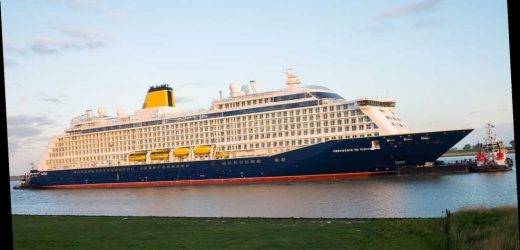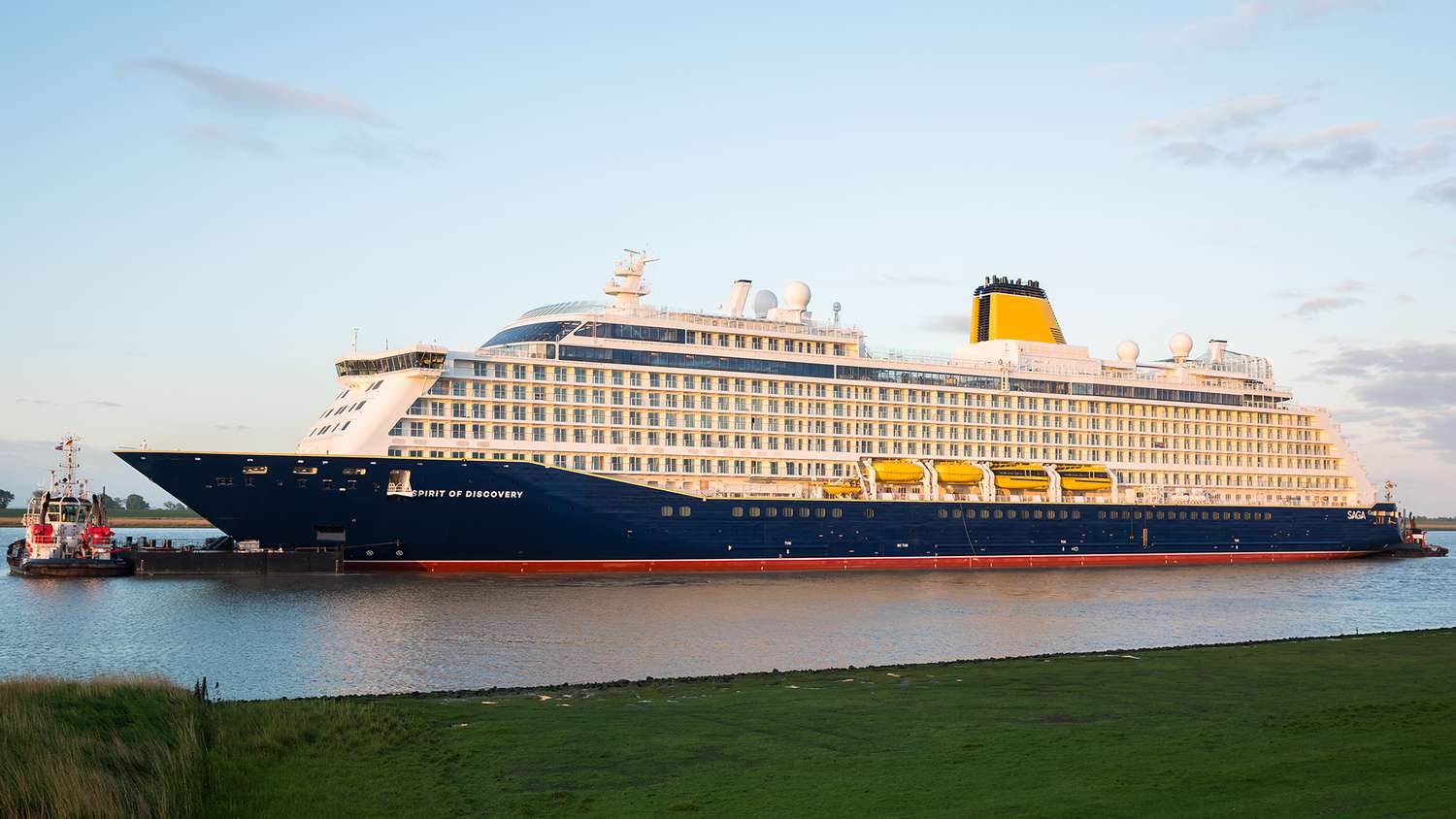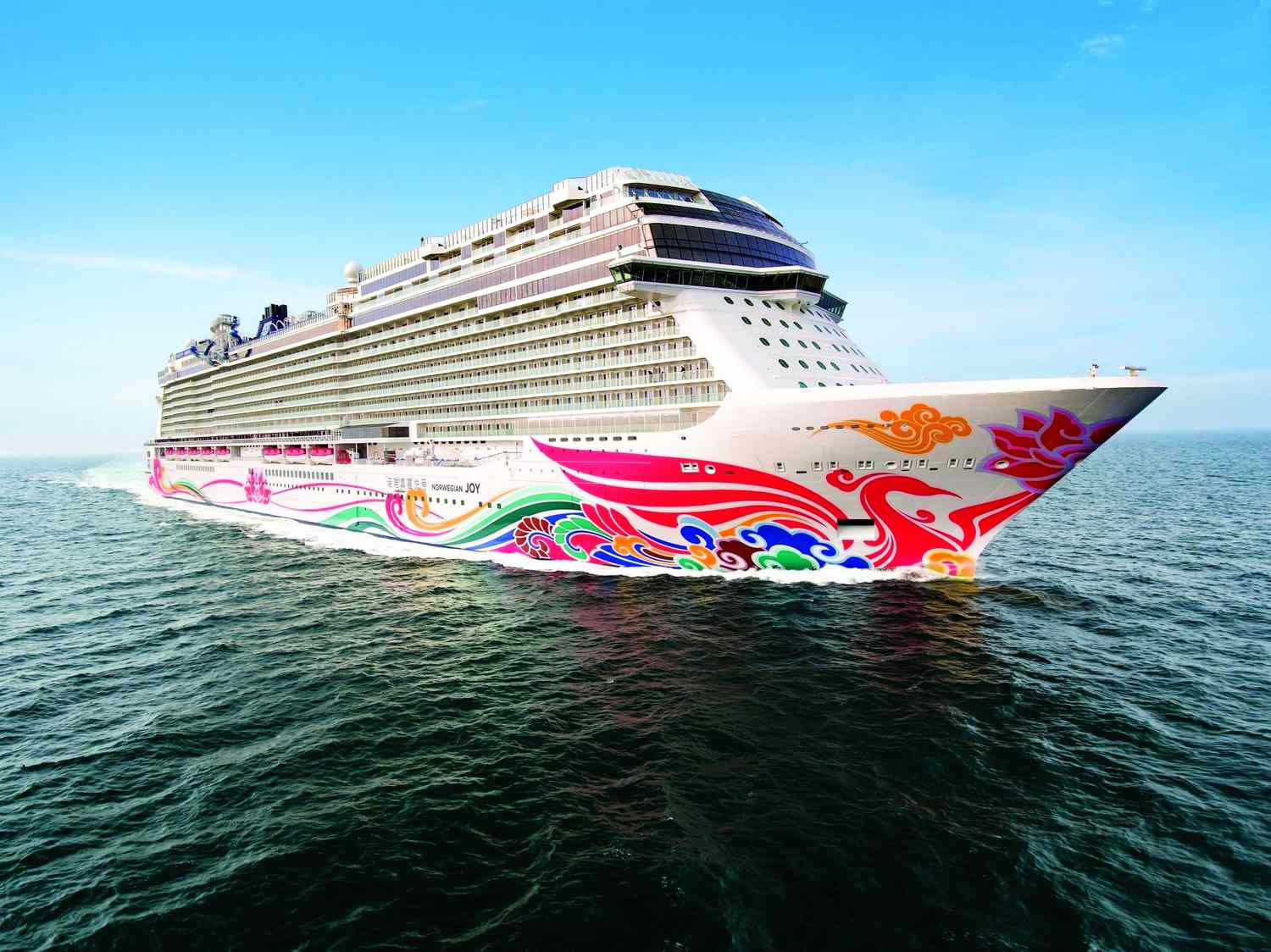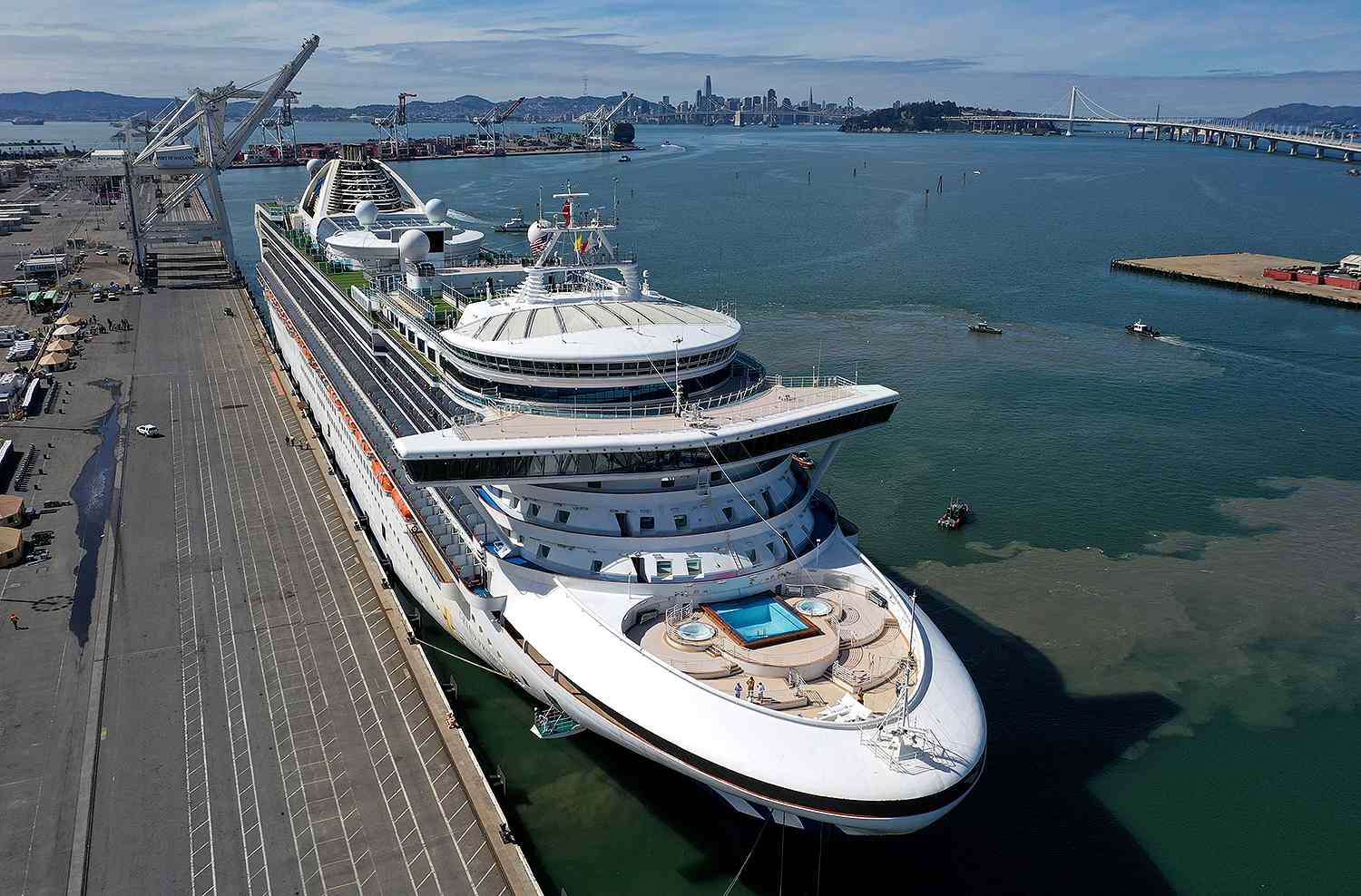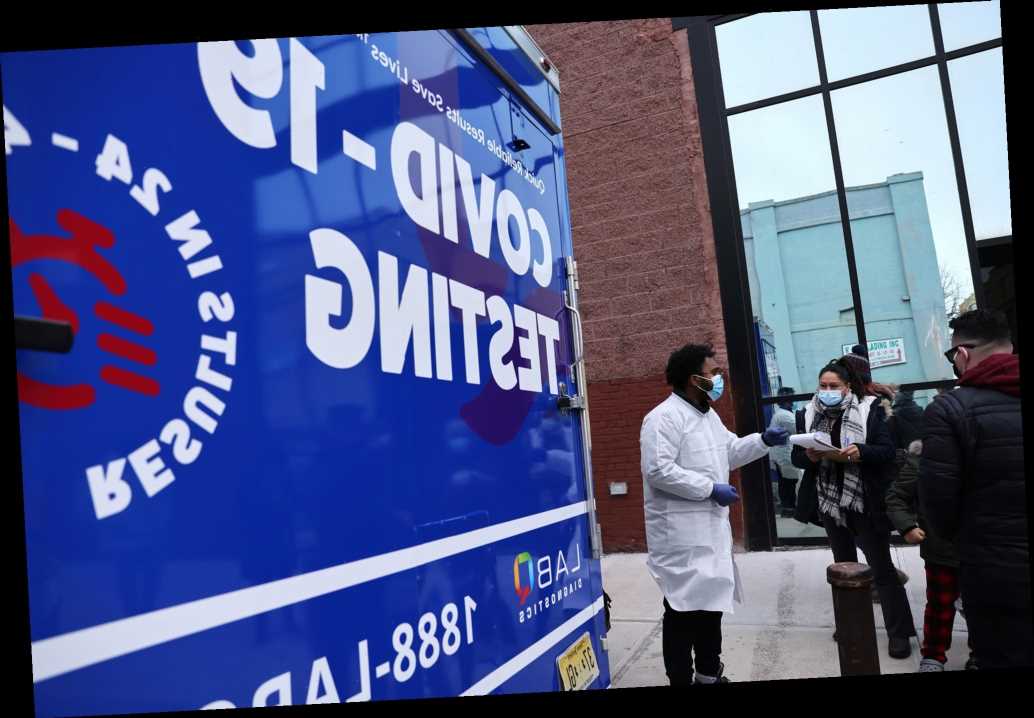As the cruise line industry plans for its return to sailing, companies are faced with many decisions on how to adjust in light of COVID-19.
Last week, one U.S. cruise line, Saga Cruises, announced that it would require all passengers to get vaccinated before boarding the ship. "We have made the decision not to allow a guest to travel with us if they choose not to receive the vaccine," the company wrote on their website. "The majority of our guests fall into the at-risk age bracket and our priority is their safety and wellbeing."
Per Saga's new guidelines, all guests looking to travel with the company must have received the two doses of the coronavirus vaccine at least 14 days before boarding the ship in order to allow "full immunity to take effect."
"You will be required to bring the vaccination document and/or evidence with you as proof at the time of boarding," the company said.
RELATED: Passenger Aboard First Cruise Ship to Return to Sailing in Caribbean Tests Positive for COVID-19
They also noted that anyone who is considered "exempt" from receiving the vaccine will be unable to travel with them if they do not choose to get it. "Sadly we would not be able to allow you to cruise and would ask that you contact our Cruise Guest Services who will be able to discuss your options with you and arrange a full refund," Saga said.
However, the company will not be requireing their staff and crew to be vaccinated at this time.
"Our focus in the first instance is on our guests and ensuring all of them have been vaccinated, we have comprehensive COVID‑19 protocols in place to protect our crew, including quarantine and regular testing and as soon as crew can be vaccinated they will be," Saga explained.
Saga is the first cruise line to announce the new requirement for passengers. But others are taking different steps in light of the vaccine.
Last month, the CEO of Norwegian Cruise Line Holdings said that all of their crews would be vaccinated, but they were still considering whether to require the vaccination for guests as well, The Washington Post reported.
"It's too early to tell whether we have the legal standing to mandate that you take a vaccine or else you can't come on board," CEO Frank Del Rio said. "So if the lawyers tell me, 'You can't do it, Frank,' and the port of XYZ says 'You can't come,' well, I guess we're not coming to that port."
Never miss a story — sign up for PEOPLE's free daily newsletter to stay up-to-date on the best of what PEOPLE has to offer, from juicy celebrity news to compelling human interest stories.
The Cruise Lines International Association, the industry's largest trade organization, told the Post that while vaccines are "game-changers," they are not the only response companies can take.
"It's important to note that the roll-out of vaccines across the world will take some considerable time and many uncertainties remain," spokeswoman Bari Golin-Blaugrund said in a statement to the outlet. "Having engaged with leading experts in health and science for many months to identify and implement effective measures to mitigate risk in a cruise setting, the cruise industry recognizes that no single measure is alone effective and that a multi-layered approach is the right one."
Cruise companies halted all sailings last spring as the pandemic took hold in North America and the U.S. Centers for Disease Control and Prevention (CDC) enacted a "no-sail order" on March 14. At the time, several cruise ships across the world had become sources of major coronavirus outbreaks.
One ship, the Grand Princess, was quarantined off San Francisco after 21 people on board tested positive for the virus in March. That ship eventually docked in the port of Oakland and those on board quarantined on land. Two Holland America ships reported four dead and 233 ill on boats heading for Ft. Lauderdale in March after being turned away from ports in South America.
RELATED: Carnival Cruise Bookings for 2022 Are Already Outpacing 2019, Company Says
In October, the CDC announced it would lift its no-sail order as of November 1 for certain boats after 8 months, with a set of strict new health and safety protocols for cruise operators.
The following month, the first cruise ship to set sail in the Caribbean since the beginning of the COVID-19 pandemic reported that a passenger on board had tested positive for the virus, according to The Points Guy.
A reporter for the travel site, Gene Sloan, had been aboard the SeaDream 1 — owned by Sea Dream Yacht Club — to document the new safety measures on the small vessel, which departed from Barbados and was carrying 53 passengers and 66 crew members.
"This is a blow to the cruise industry's efforts to restart operations in the Caribbean," Sloan told PEOPLE in November. "SeaDream's return to cruising in the Caribbean was a watershed moment for the industry, and many were hoping it would go smoothly."
"The $150 billion cruise industry has been working around-the-clock for months to find safe ways to restart sailings," the journalist added. "This small-ship voyage was being closely watched by other cruise lines, cruise fans and the industry's regulators, and — depending on what happens — this could be yet another disappointing setback for the industry and the millions of vacationers who are looking to return to the sea."
Meanwhile, the World Health Organization expressed their opposition to requiring the vaccine for travel as there is still limited availability, according to EuroNews. The World Travel and Tourism Council chief executive Gloria Guevara also warned that requiring a vaccine to get a job or to travel could lead to "discrimination," Reuters reported.
As information about the coronavirus pandemic rapidly changes, PEOPLE is committed to providing the most recent data in our coverage. Some of the information in this story may have changed after publication. For the latest on COVID-19, readers are encouraged to use online resources from the CDC, WHO and local public health departments. PEOPLE has partnered with GoFundMe to raise money for the COVID-19 Relief Fund, a GoFundMe.org fundraiser to support everything from frontline responders to families in need, as well as organizations helping communities. For more information or to donate, click here.
Source: Read Full Article
